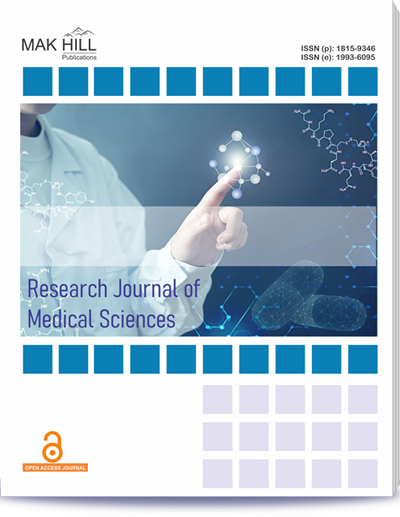
Research Journal of Medical Sciences
ISSN: Online 1993-6095ISSN: Print 1815-9346
Abstract
Postoperative delirium (POD) is a multifaceted condition characterized by disturbances in attention, awareness and cognition, commonly occurring after surgical procedures. It involves a complex interplay of predisposing factors such as advanced age, preexisting comorbidities and preoperative cognitive impairment. Additionally, precipitating factors like surgery‐induced stress, pain and the use of certain medications, along with perpetuating factors such as electrolyte imbalances and sleep disturbances, contribute to its onset and progression. This review comprehensively examines the intricate relationship between POD and the subsequent development of chronic dementia, highlighting recent research findings and offering new insights into the mechanisms underlying this association. The implications of these findings for clinical practice and future research directions are also discussed, underscoring the critical importance of early identification and management of POD to potentially mitigate the risk of long‐term cognitive decline.
How to cite this article:
Tanya Thakur. Postoperative Delirium and its Potential Predisposition to Chronic Dementia: A Review.
DOI: https://doi.org/10.36478/10.36478/makrjms.2024.8.274.278
URL: https://www.makhillpublications.co/view-article/1815-9346/10.36478/makrjms.2024.8.274.278